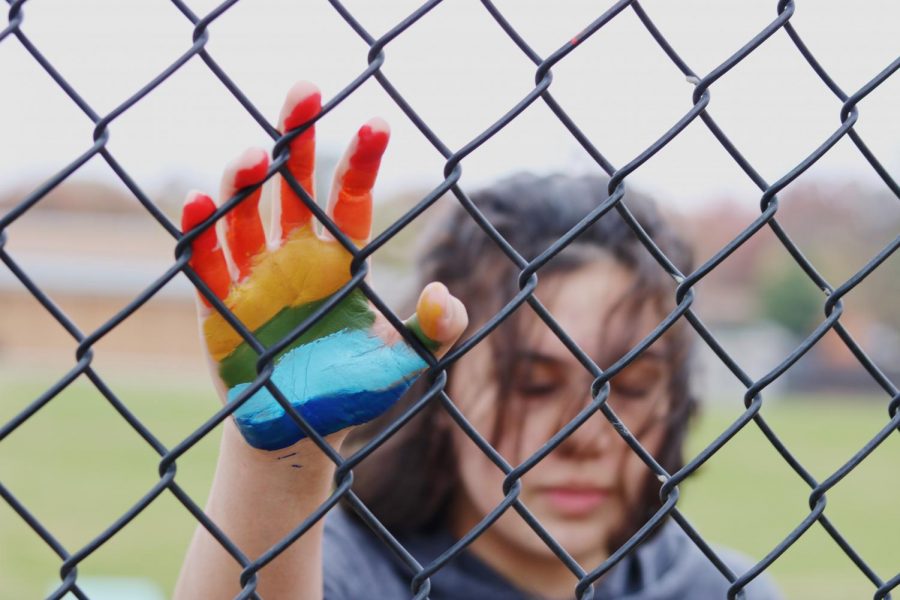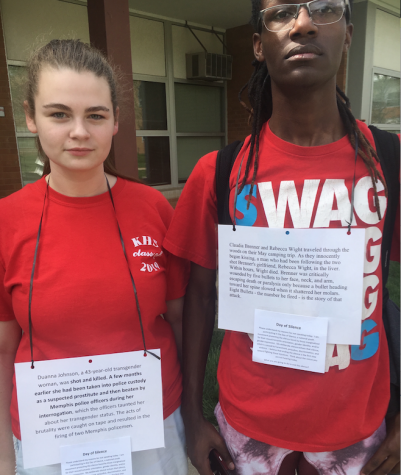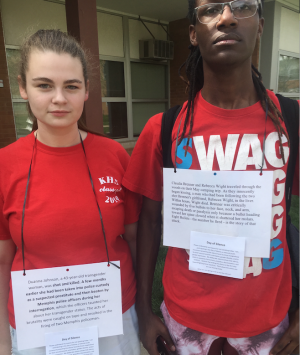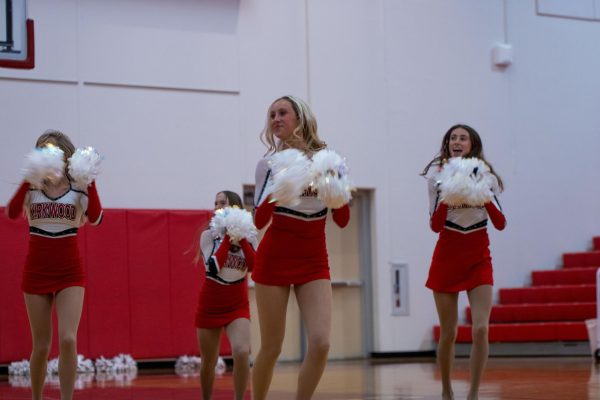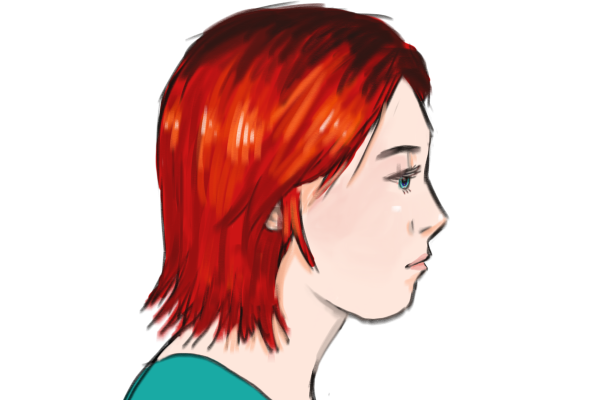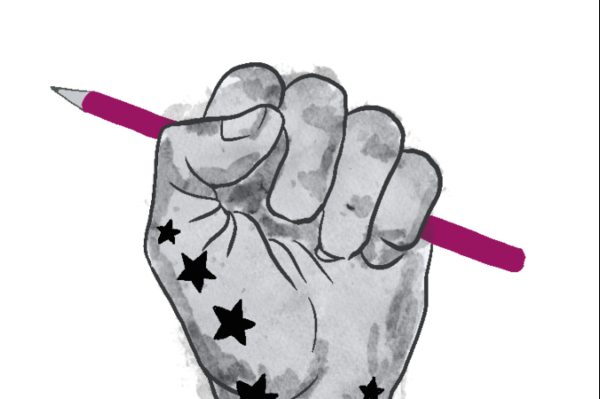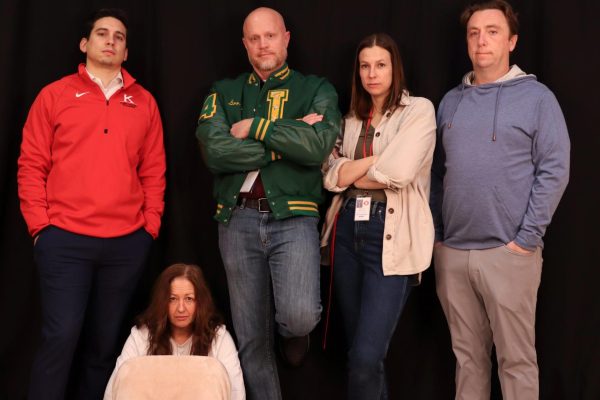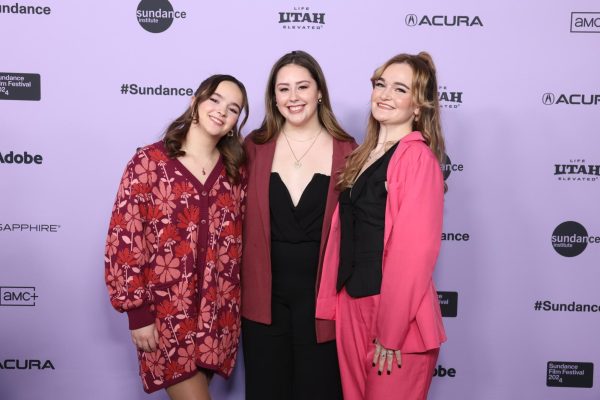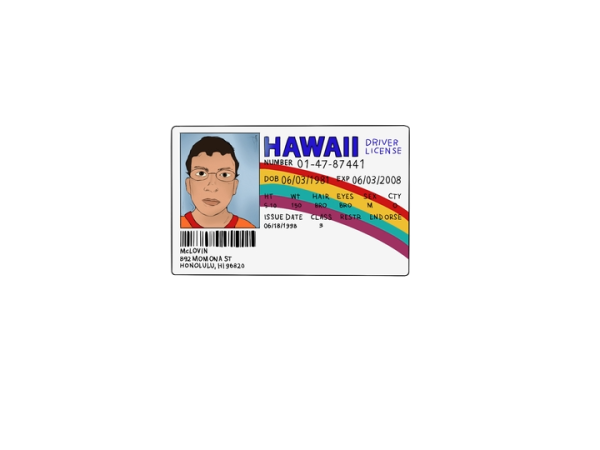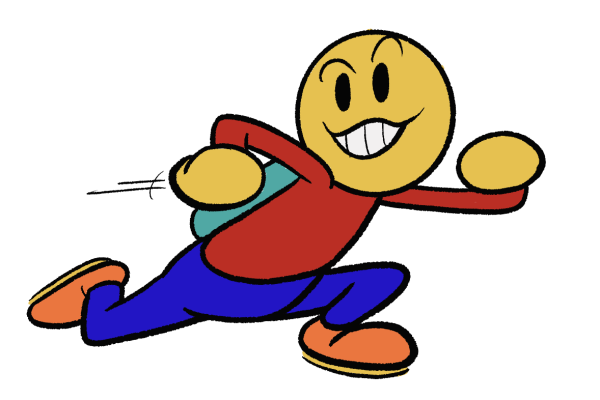Creating a change to be proud of
At Pulse Nightclub the red and blue lights flashed following reports of gunshots in the club. Nobody knew how many were dead. Friends and family anxiously awaited as they crowded around their loved ones, wondering if they made it out alive. 49 members of the LGBT community died in the second most deadly mass shooting America had ever seen June 12, 2016 at Pulse Nightclub in Orlando, Florida. Two years later, Curtis Galloway, One Million Kids for Equality’s executive director, an organization dedicated to bettering the LGBT community, assisted in organizing a service in St. Louis for the lives lost at the shooting.
One Million Kids for Equality got its name from countering One Million Moms. One Million Moms is an organization which publishes anti-LGBT content, released a campaign calling for Scholastic, a publishing company, to discontinue publishing LGBT books in April 2018. They claimed the books were harmful to children by normalizing changing sexes at an early age.
“[One Million Moms] is known as an anti-LGBT organization.” Galloway said. “They owned the domain One Million Kids, but they let it expire, so our board president bought the domain and turned it into [our] organization.”
One Million Kids assists LGBT youth through supporting LGBT kids in the foster care system, as well as helping to combat conversion therapy. Additionally, they provide opportunities for youth to tell their stories.
“We are an organization based around uplifting the voices of LGBT youth, as well as giving them a platform for their expression,” Galloway said. “We do a lot of advocacy work and a lot of storytelling online as well as in actual events.”
Galloway has been an activist for the LGBT community for three years, motivated by his experience with conversion therapy, a practice of attempting to change someone’s sexual orientation or gender identity through therapy. Some treatment methods include hypnosis, behavioral therapies, sex therapies and medication. More extreme techniques include physical abuse through displaying images of same-sex couples, then inducing nausea, vomiting, electric shocks, or repeatedly striking the subject’s wrist with a rubber band.
When I was 16 I came out to my parents as gay.
— Curtis Galloway
“I was then sent to conversion therapy. It was extraordinarily harmful to my family. It was extraordinarily harmful to me, and I want to stop that from happening to anyone else.”
One Million Kids for Equality not only aids America’s LGBT youth, but also provides global assistance. According to Galloway they want to help LGBT teens everywhere.
“We have helped get LGBT youth out of hostile countries,” Galloway said. “We worked with some international organizations directly and were in contact with these youths that reached out to us.”
Brad Delaney, and co-founder board president for One Million Kids for Equality, said he has assisted in a variety of projects and campaigns to improve the lives of LGBT youth everywhere. For Delany it is not just about the large scale impact but rather how they help individuals.
“I am really proud of the work we’ve done,” Delaney said. “If my work can impact the life of one person then I’ve done my job.”
Gracie Buckley, sophomore, met Galloway on a field trip with the KHS Gay-Straight Alliance to support the work One Million Kids for Equality does. She said representation for the LGBT community is a important issue for her.
“I don’t think [conversion therapy] works,” Buckley said. “The whole idea of that is disgusting. If you heard someone trying to use conversion therapy to turn someone straight into gay you would think that is ridiculous, so I wonder why people still support conversion therapy.”
When Kylie Rollings, junior, learned about One Million Kids for Equality, she voiced support for it, and she checks up on their website to get updates on LGBT news. According to Rollings, organizations such as One Million Kids for Equality are necessary in assisting LGBT youth.
“I think that every group needs a platform and an ability to spread their opinions,” Rollings said. “You want representation because otherwise people are still going to talk about your issues, but without you.
Your donation will support the student journalists of Kirkwood High School. Your contribution will allow us to purchase equipment and cover our annual website hosting costs.
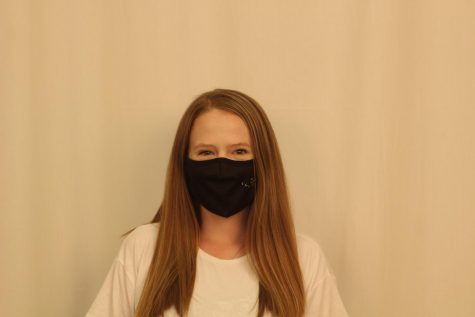
she/her
Favorite musical artist: Dermot Kennedy
Favorite quote: "I haven't drank anything but water since March" -Tom Mueller
Favorite Pantone...


